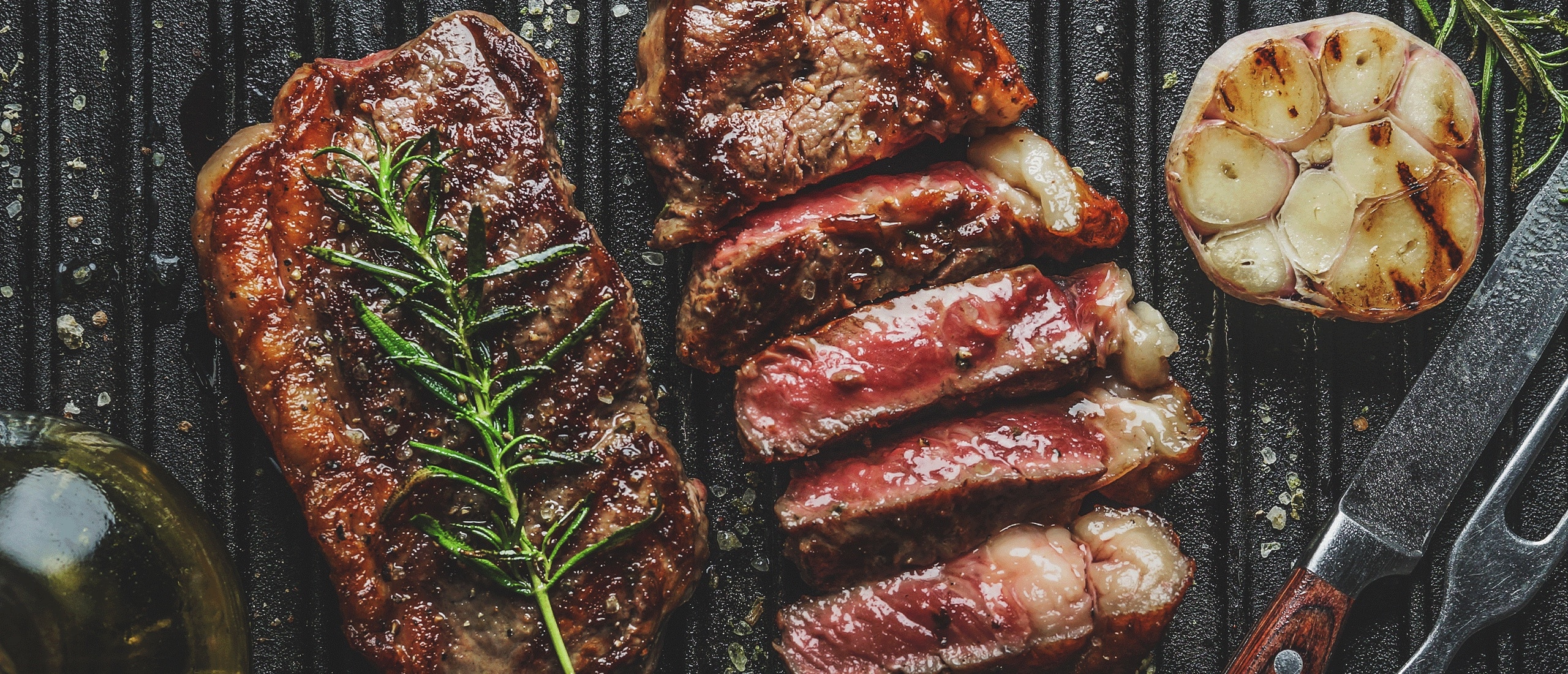Increase Your Protein Intake by This Much If You Want to See Real Gains
Eating more protein isn’t just beneficial for muscle gains—it’s also been touted as the best way to control portion size, satiate hunger, and keep you from going for that second (and even third) helping.
But a Rutgers University study also found that the slightest increase in protein (from a recommended 18 percent intake to 20 percent) while restricting calories leads to smarter dieting decisions all around. Another bonus: adding more protein to your diet may lead to a reduction in body mass and a greater retention of lean muscle mass.
The Importance of Protein
The study analyzed pooled data from multiple weight loss trials targeting 207 overweight or obese adults. Participants were examined before and during a six-month period of calorie restriction—some with 18 percent of their diet dedicated to protein, and some with 20 percent. Researchers observed that a two percent increase in protein intake led to higher consumption of green vegetables and fewer refined grains and sugar.
Calorie restriction is a popular tool when it comes to losing weight, but researchers suspect this method also restricts healthy foods, including protein and other key nutrients like iron and zinc. When consuming higher levels of protein, more emphasis is put on diet quality (rather than fewest calories), which leads to less hunger, a healthier BMI, and an increase in lean muscle mass.
“The impact of self-selected dietary protein on diet quality has not been examined before, to our knowledge, like this,” said Anna Ogilvie, co-author and doctoral student at Rutgers University’s Department of Nutritional Sciences. “Exploring the connection between protein intake and diet quality is important because diet quality is often suboptimal in the U.S., and higher-protein weight loss diets are popular.”
Protein Myths
Protein and Diet Quality
Diet quality is simply prioritizing a diverse, balanced, and healthy diet of key food groups needed to fulfill daily nutrient needs. And while more research is needed on diet quality specifically, eating better may improve your energy, keep nutrient intake high, and reduce your risk of heart disease (1), as it’s centered around prioritizing whole foods like fruits, veggies, whole grains, and protein, while restricting sodium and sugar intake.
If increased protein intake allows us to make better food choices, the connection between protein and diet quality seems clear; more protein equals increased diet quality. So whether you’re looking to lose weight, improve diet quality, or both, consuming an extra few ounces of protein can help you hit your health goals.
References
1. Peterson, K. and Kris-Etherton, P. (2021). Diet Quality Assessment and the Relationship between Diet Quality and Cardiovascular Disease Risk.












